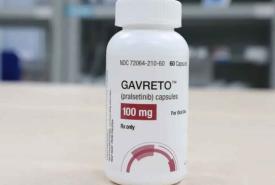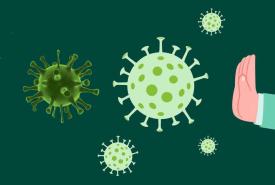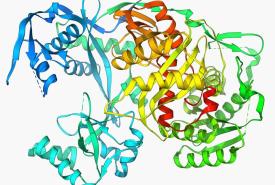Griffith on the cusp of a new vaccine modality breakthrough
Griffith University researchers are on the brink of a technological breakthrough in vaccine development with a possible new vaccine modality. Professor Bernd Rehm and Dr Shuxiong Chen from the Griffith Institute for Drug Discovery (GRIDD) and Griffith’s Centre for Cell Factories and Biopolymers have succeeded in developing a new vaccine modality that is a stable particulate vaccine.


















